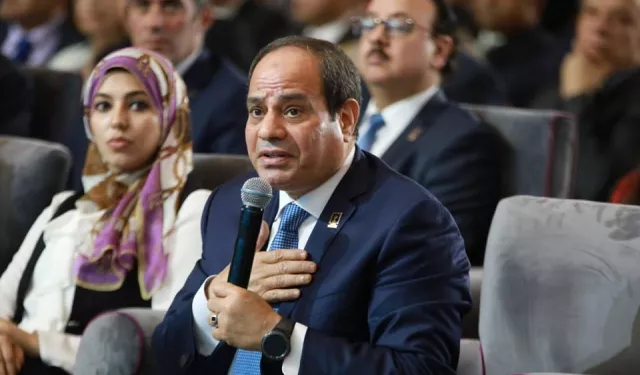A coalition of 23 political parties and rights groups has urged President Abdel Fattah El-Sisi to reject the newly passed criminal procedures law and return it to parliament for public consultation.
The appeal, issued in a joint statement led by the Egyptian Initiative for Personal Rights, follows parliamentary approval of amendments that critics say dismantle core guarantees of justice and fair trial.
On Thursday, the House of Representatives approved the draft law, including eight articles previously flagged by the president. Among them is Article 105, which allows prosecutors to interrogate defendants without a lawyer present if “delay might threaten the suspect's life or risk losing critical time.”
The article triggered fierce parliamentary debate. The Egyptian Lawyers' Syndicate, headed by Abdel Halim Allam, rejected it outright. Lawmakers from the Egyptian Social Democratic Party walked out in protest, calling it a direct breach of Article 54 of the constitution, which guarantees a suspect’s right to legal counsel during questioning.
The signatories argued that parliament ignored proposals rooted in constitutional standards and the government’s own National Human Rights Strategy.
They had initially welcomed the president’s objections as a sign of potential reform. But parliament, they said, pushed through cosmetic revisions that focused narrowly on the disputed articles while leaving broader structural problems intact. This approach, they warned, created “legislative contradictions” and stripped the amendments of substance.
The coalition highlighted three core objections to the law, arguing it deepens existing violations of fair trial rights.
First, it criticized Article 6 for delaying enforcement until Oct. 1, calling it a missed opportunity to immediately implement positive provisions, especially those limiting pretrial detention. Only clauses requiring logistical preparation, they argued, warrant delay.
Second, it flagged contradictions between Articles 105 and 64. While Article 105 restricts prosecutors from questioning suspects without counsel, Article 64 still permits judicial officers to do so “in cases of necessity”—without requiring a lawyer’s presence.
Third, it warned of Article 112, which permits prosecutors to detain suspects if they claim an inability to conduct interrogations in the presence of legal counsel. The coalition said this introduces a new form of pretrial detention—“a de facto arrest without interrogation”—that could be prolonged indefinitely.
The statement concluded by urging El-Sisi to reject the law in full and return it to the Senate for “careful reconsideration in line with the constitution and in a manner that protects justice and civil liberties.”
El-Sisi had previously returned the bill to parliament in April after objections from UN bodies and local rights groups. Criticisms included remote trials without safeguards, expanded powers for prosecutors to detain suspects in police custody, and provisions allowing authorities to withhold case files from defense lawyers under the pretext of “protecting the investigation.”
Signatories include seven rights groups, including the Egyptian Center for Women’s Rights, and the Egyptian Center for Economic and Social Rights; five political parties including the Bread and Freedom Party, and a number of legal advocacy groups including the Lawyers' Syndicate.
